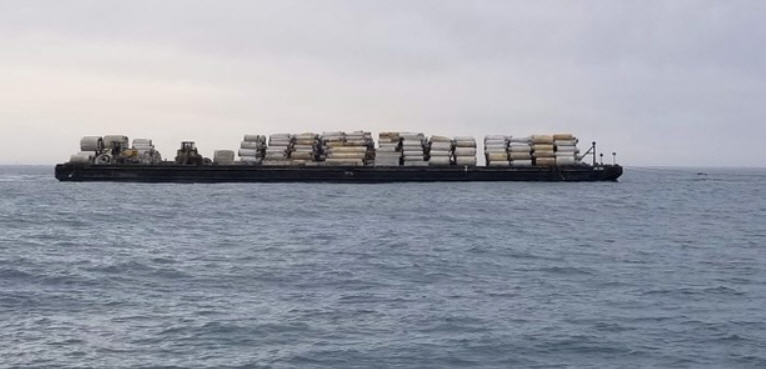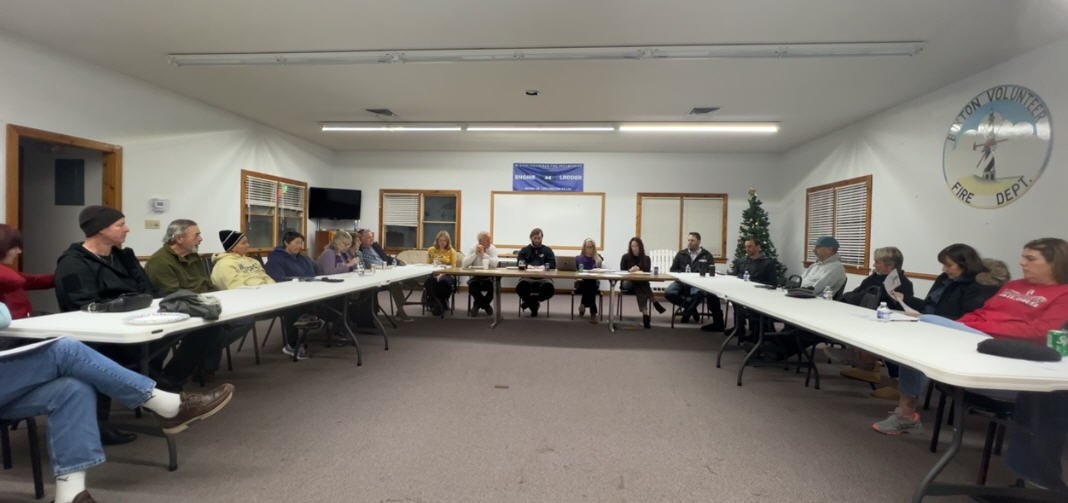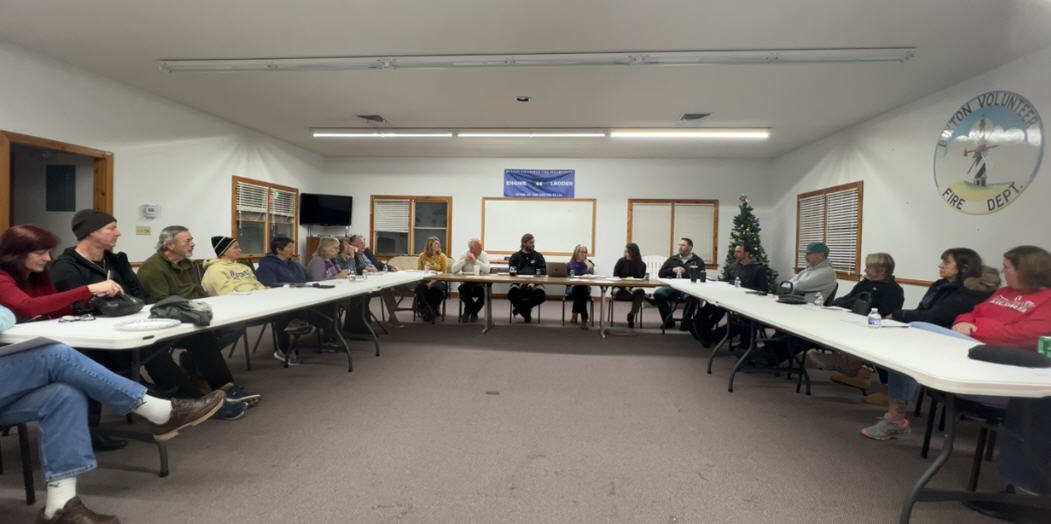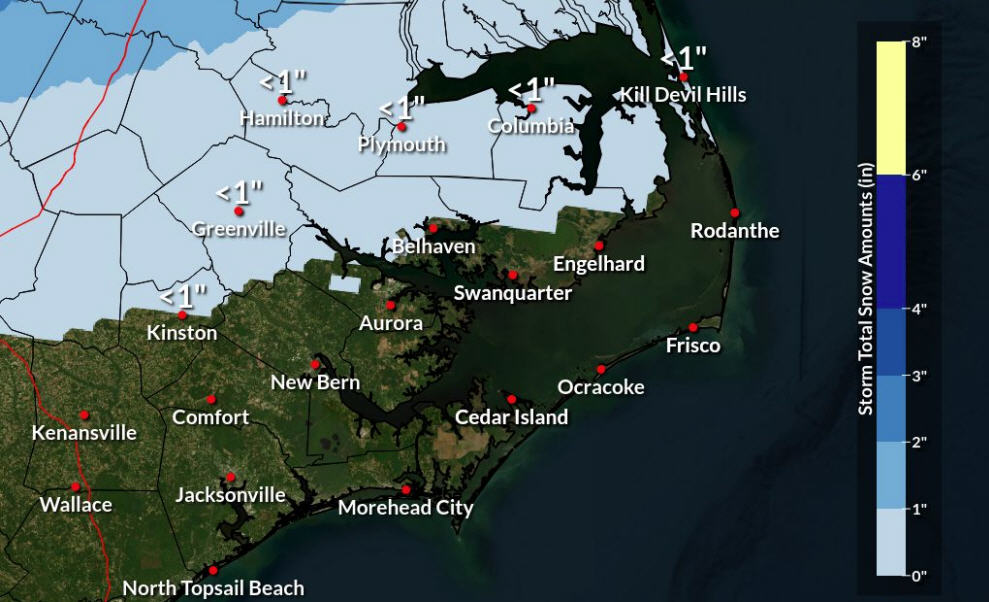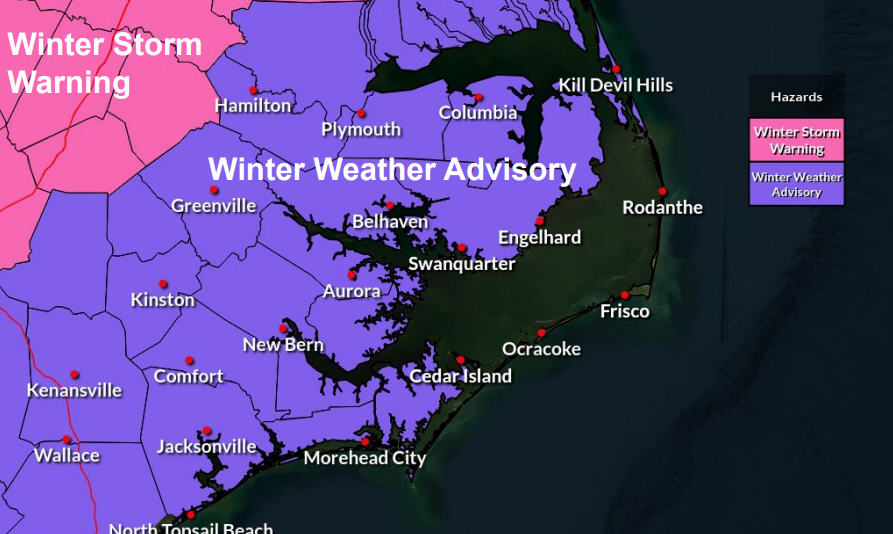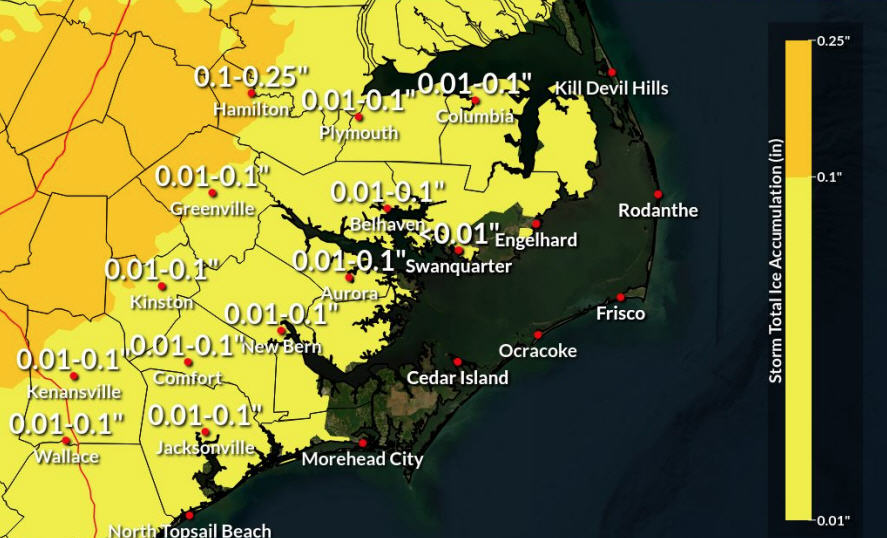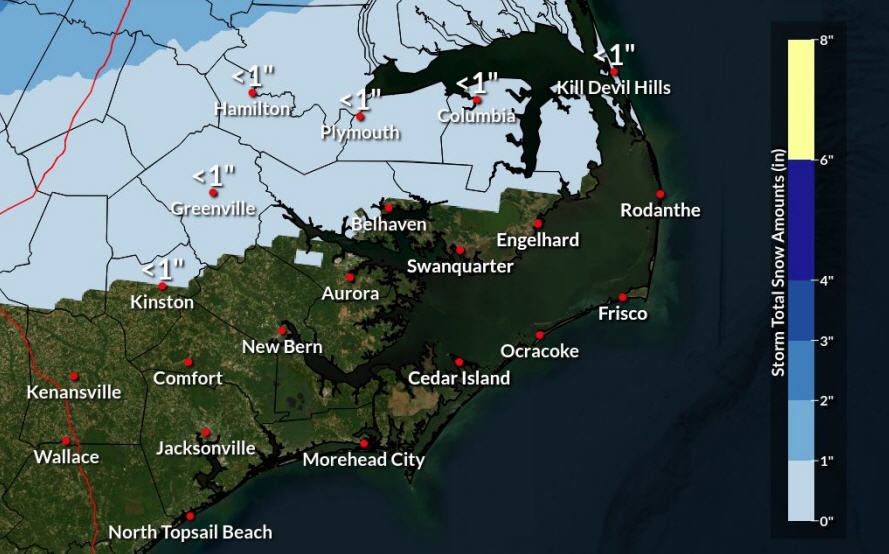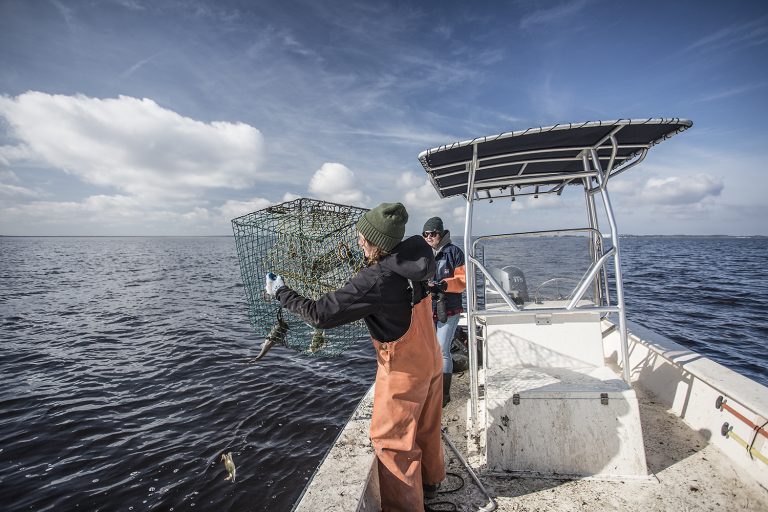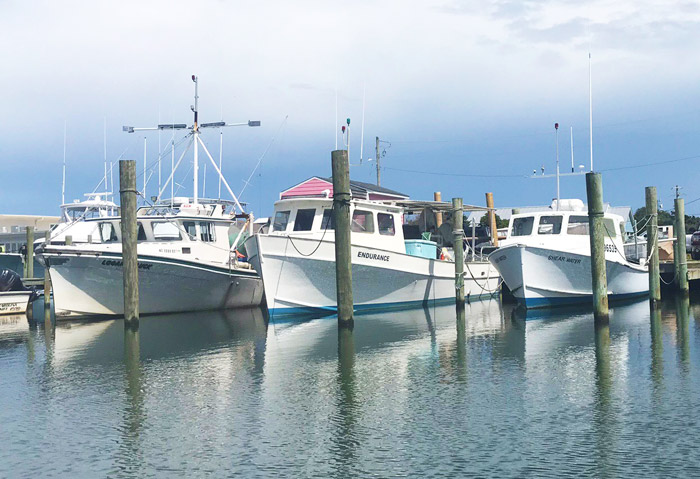Marine Fisheries Commission Moves Toward Commercial and Recreational Flounder Seasons
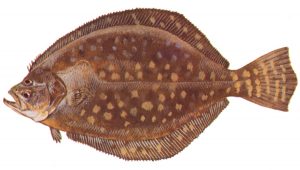
The N.C. Marine Fisheries Commission is moving toward implementing commercial and recreational flounder seasons to end overfishing and rebuild the overfished southern flounder stock.
The commission voted last week to accept the recommendations of the Division of Marine Fisheries in their entirety as its preferred management options for Draft Amendment 2 to the Southern Flounder Fishery Management Plan.
The division proposes a 62% reduction in southern flounder harvest (compared to 2017) in North Carolina this year and a 72% reduction in harvest beginning in 2020 to be achieved through commercial and recreational season closures. The division also proposes yardage and time restrictions for gill nets and prohibiting the use of puncturing devices, such as gaffs, in the pound net fishery.
The specific Marine Fisheries Commission preferred management options can be found on the southern flounder information page on the division’s website.
Draft Amendment 2 to the Southern Flounder Fishery Management Plan is now in the departmental and legislative review portion of the fishery management plan process.
The commission is scheduled to vote on final approval of the draft amendment and its management measures at its Aug. 21-23 meeting. If approved, the management measures would become effective immediately following the meeting and stay in place until adoption and implementation of Amendment 3 to the Southern Flounder Fishery Management Plan, scheduled for completion in 2021.
Southern flounder is one of three main species of flounder landed on the North Carolina coast. The other two species are summer flounder and Gulf flounder.
Reductions in harvest are required because a 2019 South Atlantic Southern Flounder Stock Assessment found that southern flounder is overfished and overfishing is occurring throughout the region (North Carolina through the eastern coast of Florida). Overfished means the population is too small. Overfishing means the removal rate is too high.
North Carolina law mandates that fishery management plans include measures to end overfishing within two years of adoption and rebuild the stock to achieve sustainable harvest within 10 years of adoption of a fishery management plan.


